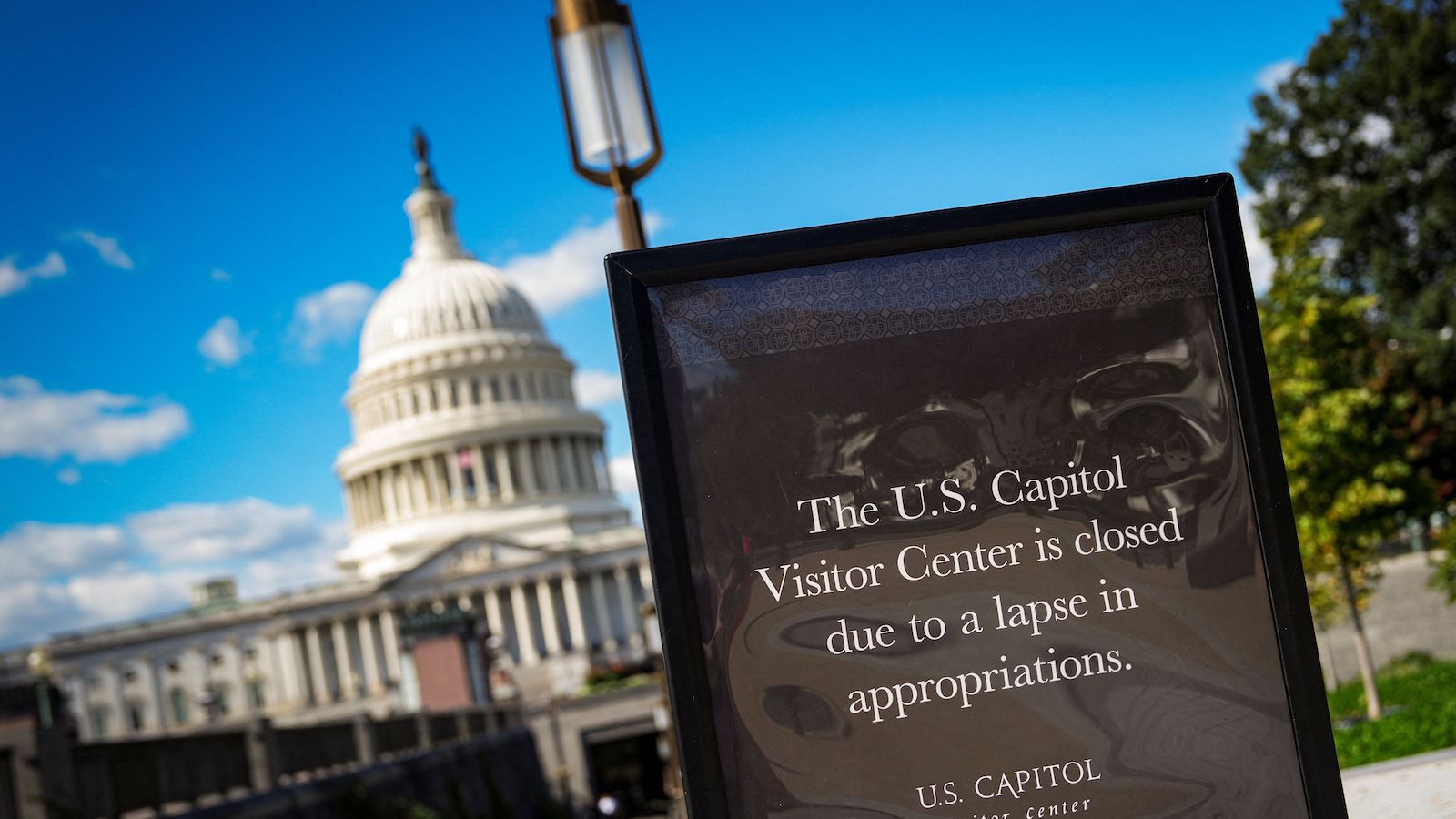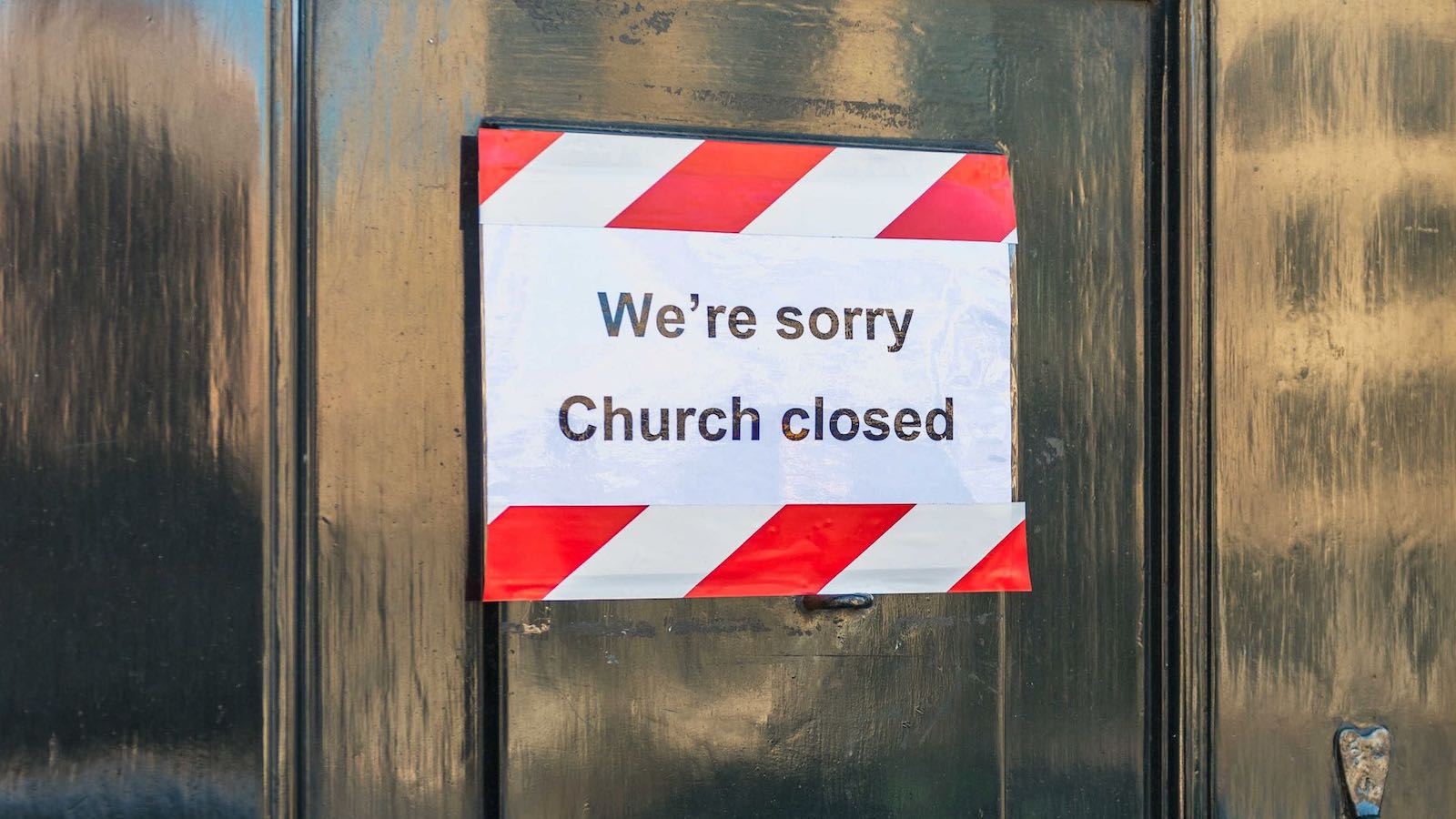
Do Americans Really Oppose a Government Shutdown?
Oh no, it’s government shutdown time again!
We are always told that a government shutdown is the worst thing in the world. And even if it isn’t the worst thing in the world, everybody thinks it is. The voters will simply not tolerate shutting down the government, and any political party that attempts it will surely suffer the consequences at the next election. Never mind that this was conclusively proven to be untrue when, in the 2014 election, Republicans made significant gains despite having shut down the government earlier that year. Forget about that. It’s history. The important thing is that, as government funding is about to expire, Congress must unconditionally authorize more spending … or else!
To demonstrate this point with data, the folks at Politico are touting a poll that claims 63 percent of Americans want Congress to avoid a shutdown AT ALL COSTS. Only 18 percent think a temporary shutdown is okay as a bargaining chip to further policy goals. And 19 percent have no opinion one way or the other.
So there you have it. “At all costs” is pretty unambiguous. For a majority of Americans, there is literally nothing more important than keeping the government (or at least the 17 percent of it actually affected by a shutdown) up and running. Except none of that is true.
A close look at the data reveals that the words “at all costs” actually translate to “as long as it doesn’t cost anything I care about.” When pollsters ask more detailed questions about specific programs (What if a shutdown is needed to reauthorize CHIP, the children’s health insurance program? What if a shutdown is needed to address DACA or other immigration concerns?), suddenly shutting down the government doesn’t seem so scary. It turns out most people are perfectly willing to shut down the government temporarily in order to achieve an outcome they favor, even if they won’t admit this right out to pollsters.
What does this mean? It means that, contrary to the overwhelming media narrative that endless, bottomless, and limitless government funding must come before all else and that shutdowns are terrible symptoms of broken democracy, the actual American people don’t really care. What people actually care about is the implementation of specific policies that align with their values and priorities. How we get there and whether a shutdown is a path toward implementation aren’t really important. To put it another way, voters don’t want to see how the sausage is made; they just want to eat it.
Despite the Left’s fondness for polls, statistics, and the illusion that number-crunching will yield useful insights about inherently unpredictable things like human behavior, more often than not we see methodology being manipulated to produce a result that fits a political narrative. If we learned anything from the 2016 election, it should be that we can’t trust polls, at least not at face value. How you ask the questions matters. Who you ask matters. Even the person doing the asking matters. Presenting topline numbers, as Politico has done, and using them to draw conclusions about what the American people actually think, especially about issues many people don’t really understand, yields neither knowledge nor wisdom. It just allows hack journalists to make claims that support what they already believe.
This article originally appeared on Conservative Review.
Free the People publishes opinion-based articles from contributing writers. The opinions and ideas expressed do not always reflect the opinions and ideas that Free the People endorses. We believe in free speech, and in providing a platform for open dialogue. Feel free to leave a comment.



